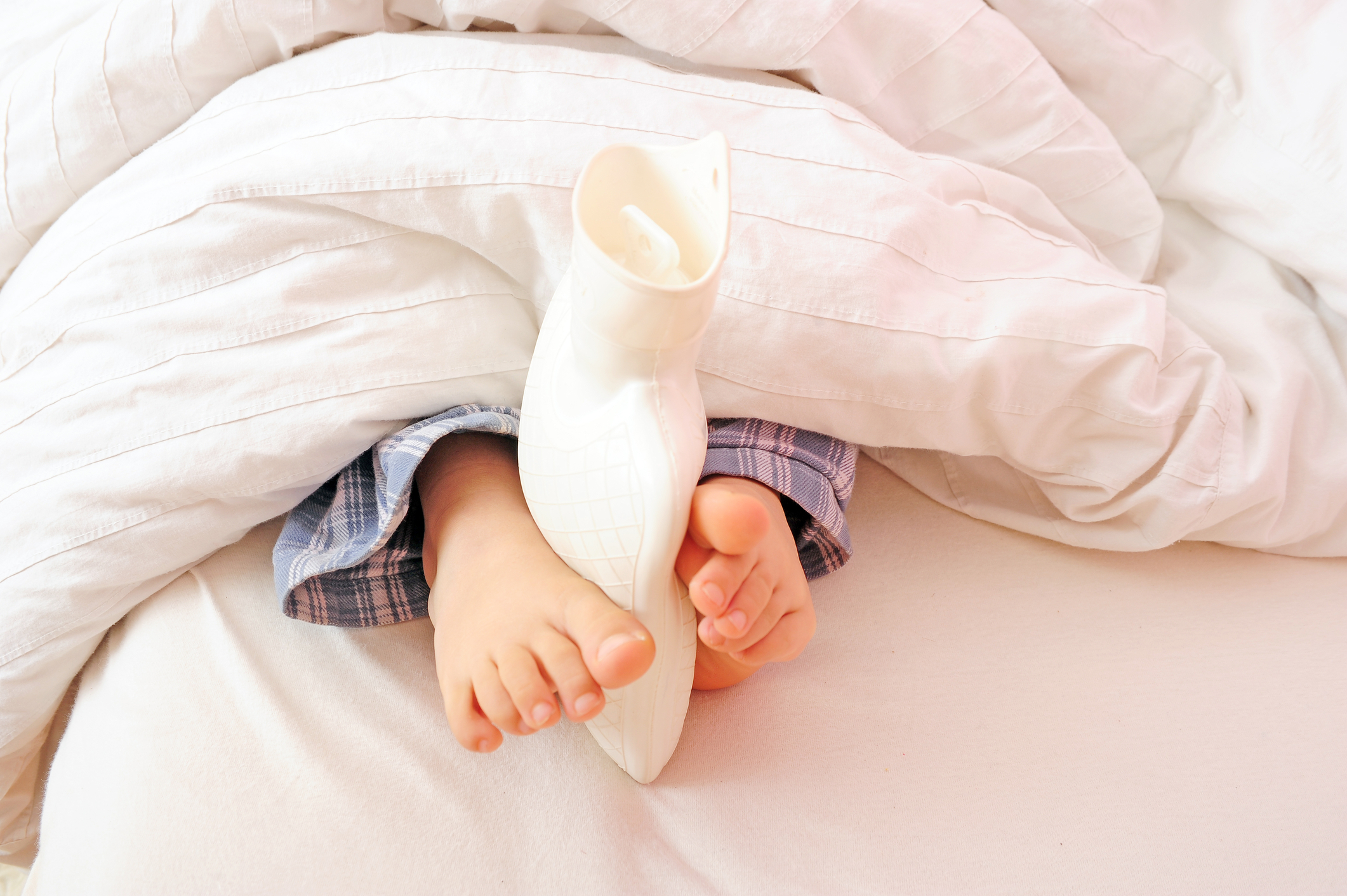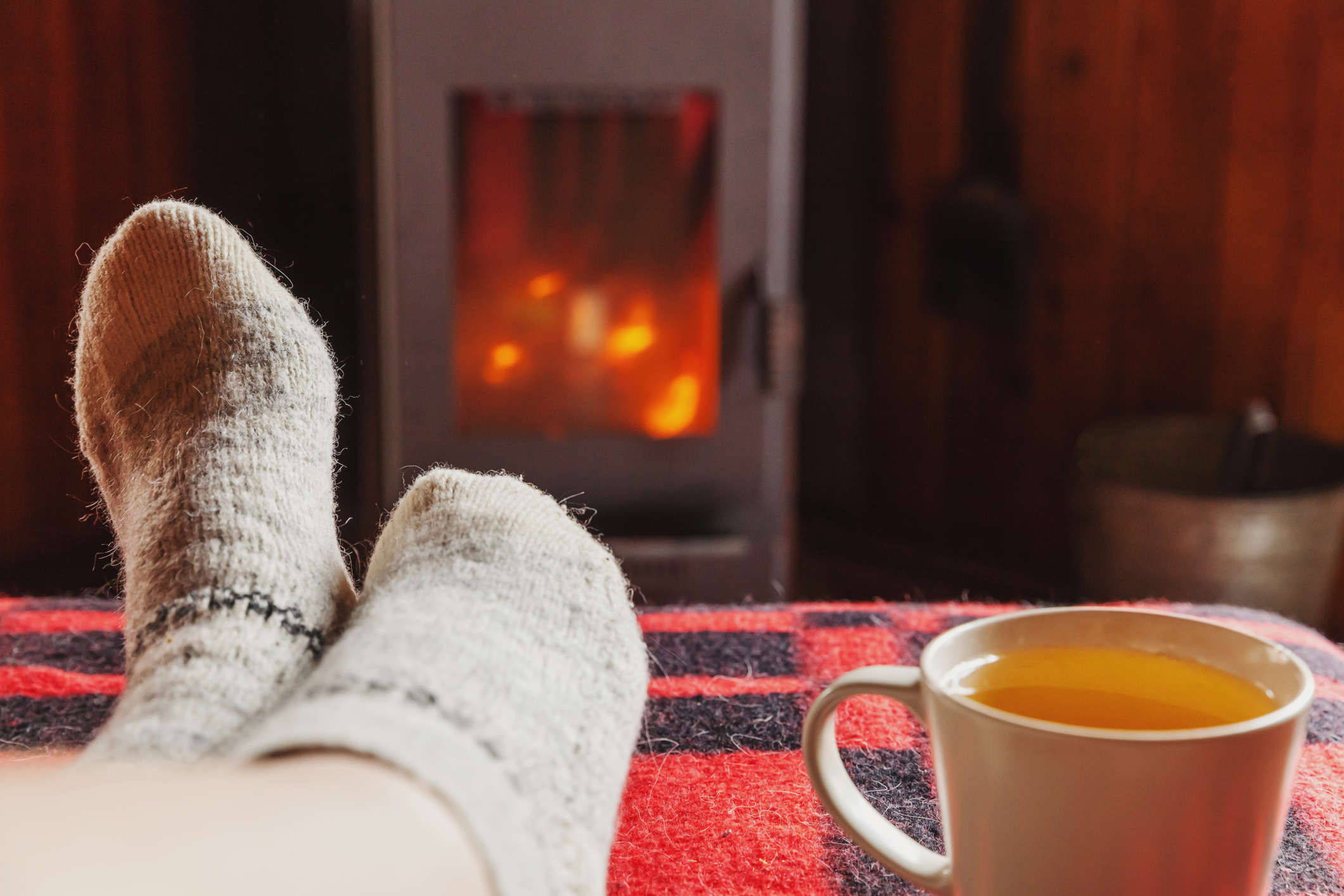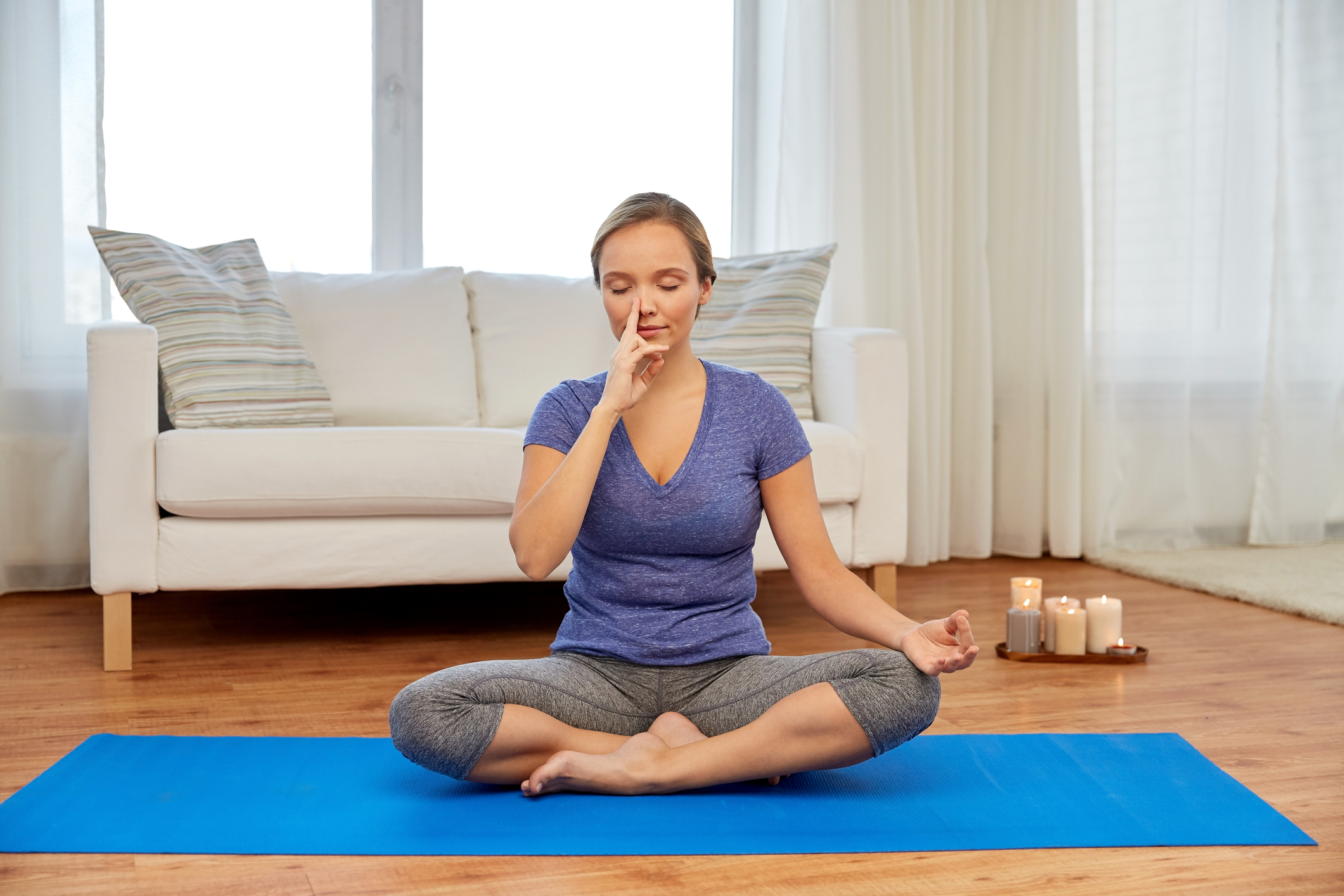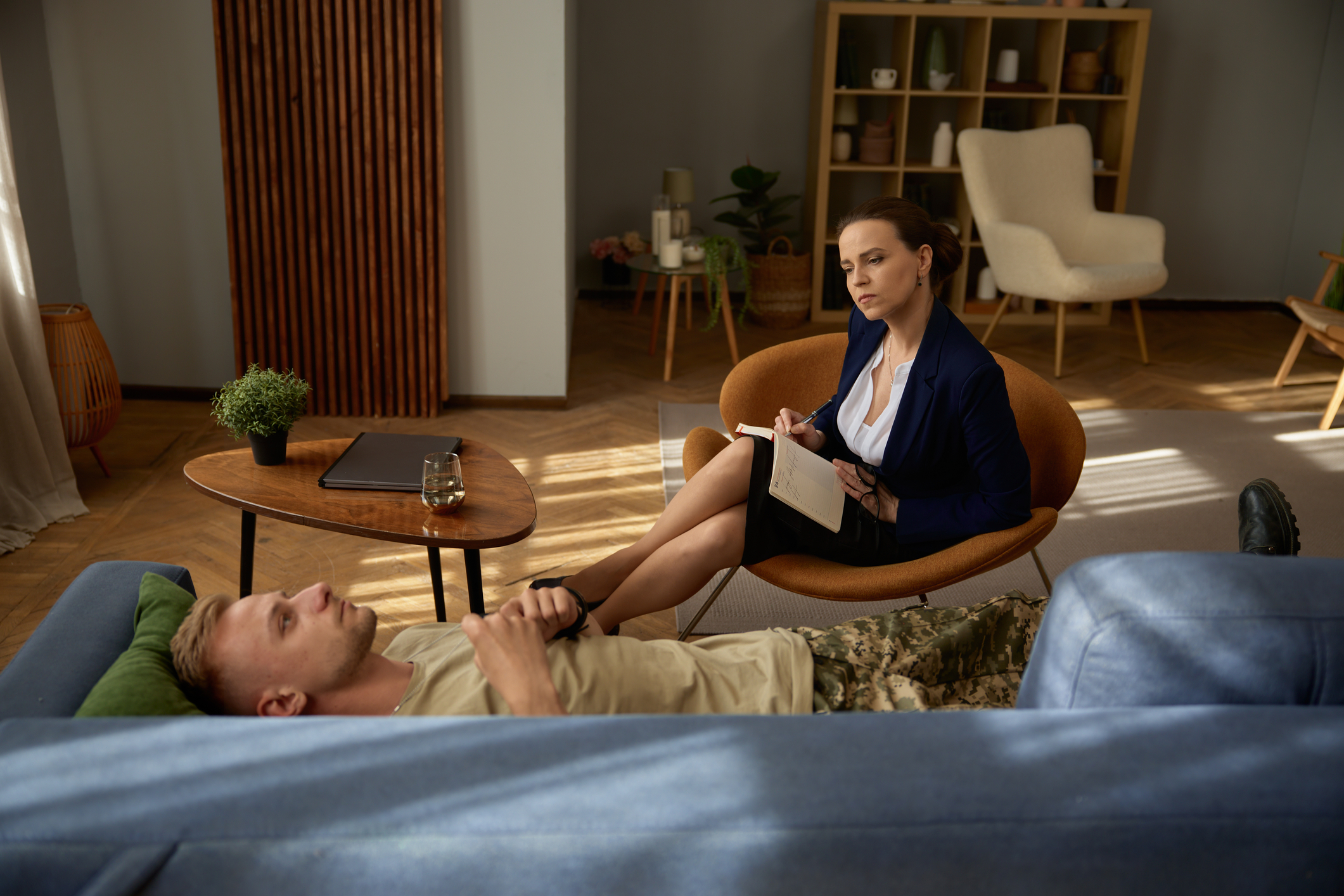Chill No More: A Footsteps Guide to Overcome Cold Feet
Often, individuals attribute cold feet to nervousness, but it's essential to acknowledge that it's not solely a psychological phenomenon. The cause of cold feet can be attributed to a combination of the body's natural response mechanisms and individual variations in physiology. This phenomenon typically originates from the body's attempt to optimize resource allocation under stress. The human body often redirects blood flow from extremities, in this case the feet, to larger muscles and vital organs when faced with stress or danger; a latent survival mechanism also known as the 'fight or flight' response.
Understanding this physiological response is the first step towards overcoming it. Humans are biologically wired to respond this way, so it's okay if you experience cold feet. Recognize it as a natural body mechanism and this realization can help in alleviating some of the stress around the situation.
Identifying the Triggers

Every individual has unique triggers that contribute to their state of cold feet. It could be anything: a big presentation, meeting new people, or even taking a step towards a commitment. Recognizing these triggers and understanding their root causes are crucial. Be it fear of failure, of judgement, or of change - identifying the source helps in understanding the situation better.
Journaling anxious thoughts or discussing them with a confidante can help in revealing patterns. Upon reflection, you might find clusters of similar situations that act as triggers. Identifying these can provide you with a blueprint to tackle your cold feet head on.
Master the Art of Visualization

Mindset is an essential aspect here. Visualization involves leveraging imagination to create mental images or scenarios. Research suggests that mental rehearsal can be as effective as physical practice.
Visualizing success in a stressful situation can help in reducing anxiety and boosting confidence. Imagine yourself in the situation that triggers cold feet - visualize it clearly, feel the emotions, then visualize yourself overcoming the situation successfully. Through consistent practice, this can change your perspective and help combat cold feet effectively.
Techniques to Regulate Breathing

Focused breathing has a profound effect on calming the nervous system. Specific techniques like box breathing, diaphragmatic breathing, or even simple deep breathing can often help in restoring a sense of tranquility.
Slow, controlled breathing sends signals to the brain to calm down and relax. These techniques, when mastered, can act as quick fix solutions to mitigate the effect of onset cold feet.
Prioritizing Self-Care

Self-care activities such as regular exercise, maintaining a balanced diet, and ensuring adequate sleep can also be beneficially pivotal. Exercise is known to mitigate stress and improve mood by releasing a flow of feel-good chemicals called endorphins. A nutritious diet and quality sleep further ensure your body and mind are better prepared to handle stressful situations.
Prioritizing self-care acts as a preventive measure against cold feet. By ensuring your mind and body are in an optimal state, the severity and frequency of cold feet experiences might decrease significantly.
Cognitive Behavioral Therapy (CBT)

In persistent cases, seeking professional help might be necessary. Cognitive Behavioral Therapy (CBT), a type of psychotherapy, could be a recommended approach. CBT revolves around identifying negative thought patterns and focusing on changing the ways you respond to stress.
A therapist trained in CBT can guide you through various exercises designed to help manage your response to situations that typically cause cold feet. It might seem a big step, but reaching out for professional aid can be the difference in transforming a constant struggle to a managed response.